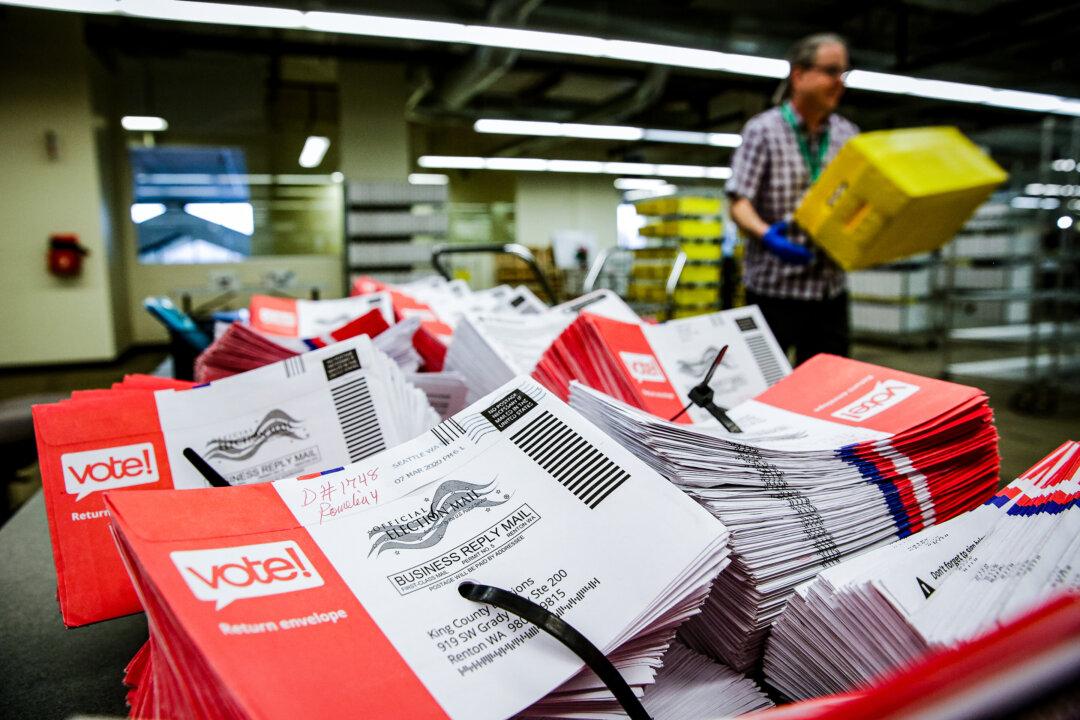An appeals court has dismissed a Republican-led legal challenge that sought to declare New York’s Early Mail Voter Act, which expands absentee voting, as unconstitutional.
A panel of judges with the Appellate Division of the Supreme Court of the State of New York issued an order on March 7, granting a motion to dismiss an appeal that was lodged by Rep. Elise Stefanik (R-NY), who sought to overturn a Feb. 5 lower court decision that upheld the Early Mail Voter Act as constitutional.





